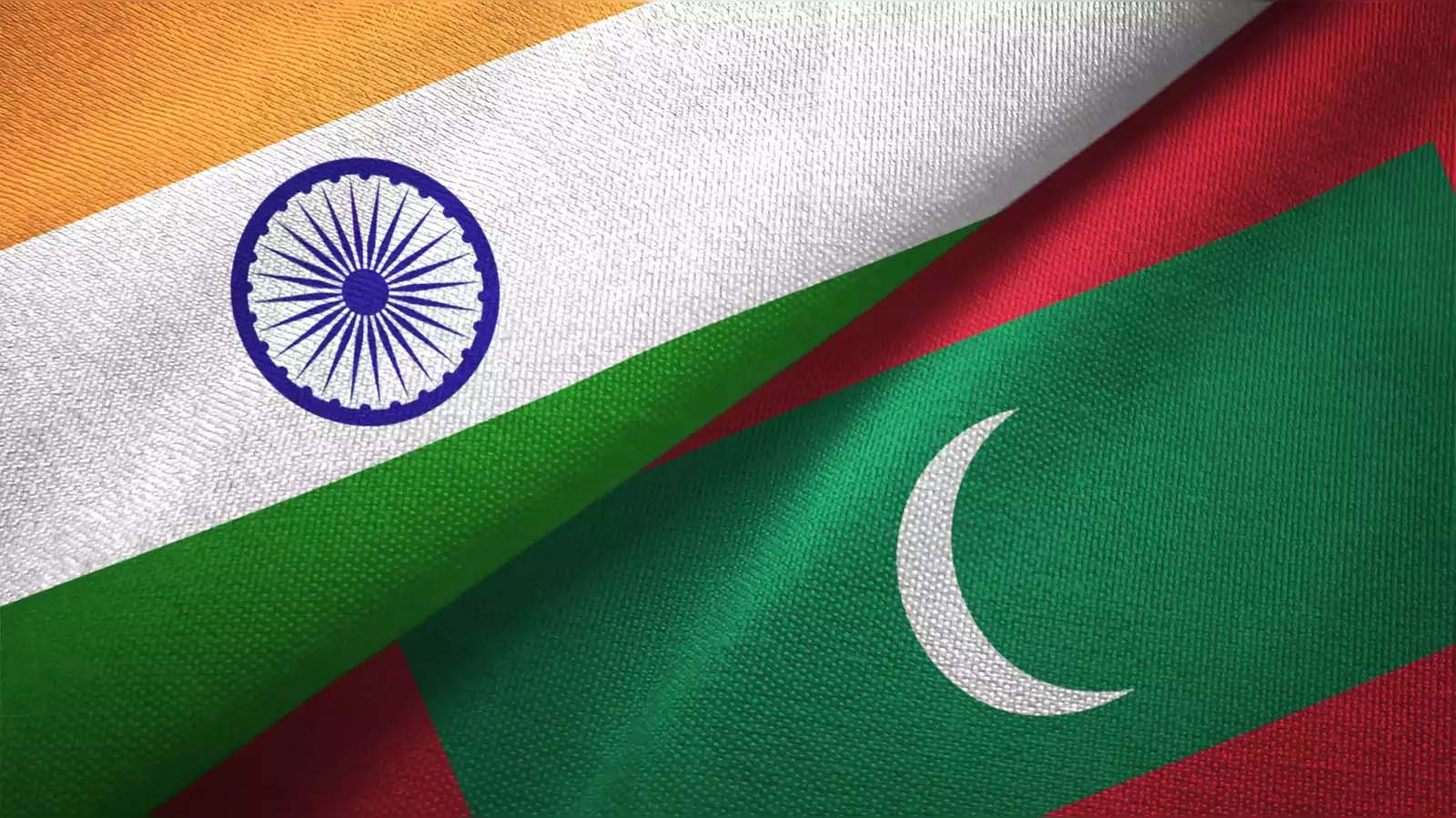In a recent communication from the Directorate General of Foreign Trade (DGFT), New Delhi has stipulated port constraints on the shipment of essential items previously permitted for export to the Maldives. Exports of vital commodities to the island country shall be facilitated exclusively through a designated set of four customs stations: Mundra Sea Port, Tuticorin Sea Port, Nhava Sheva Sea Port, and ICD Tughlakabad, according to the DGFT’s bulletin.
On April 5, amidst a diplomatic skirmish between India and Maldives, India sanctioned the export of specified amounts of essential goods for the fiscal year 2024-25 under a unique bilateral accord, prompted by the Maldivian government’s request. A table delineating the essential commodities and their allowable quantities for export is provided.
Interestingly, the authorized quotas have reached their zenith since the inception of this bilateral framework in 1981. India and Maldives established a trade pact in 1981, which grants the provision for exporting essential items. The quota for river sand and stone aggregates, integral for the Maldives’ construction boom, has risen by 25% to a sum of 1,000,000 metric tonnes.
Additionally, allowances for eggs, potatoes, onions, sugar, rice, wheat flour, and pulses have witnessed an augmentation of 5%. Despite a global prohibition on exporting these goods, India maintained its exports of rice, sugar, and onions to the Maldives last year.
“India remains deeply committed to fostering people-centric progress in the Maldives, in alignment with its ‘Neighbourhood First’ strategy,” a statement from the Indian High Commission in Maldives expressed. Notably, relations between India and the Maldives have been tense since President Muizzu’s assumption of office, given his critiques of New Delhi during and after the presidential elections.









